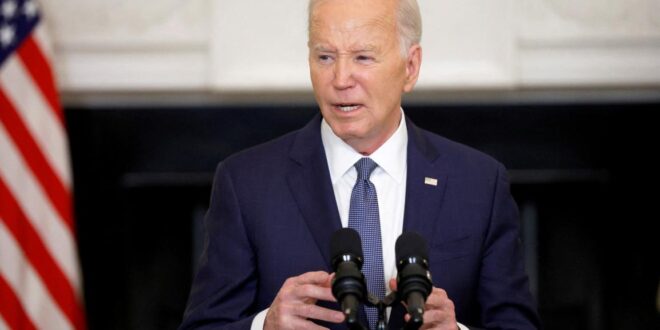This week, Secretary of State Antony Blinken is in the Middle East speaking to regional leaders about the U.S. push for a ceasefire in Gaza. At the United Nations, the Biden Administration has been advancing what it says is an Israeli plan to pause the fighting and release hostages, which would then transition to a permanent ceasefire and the reconstruction of Gaza. Hamas has yet to agree to the terms; Benjamin Netanyahu, meanwhile, has said very little about the plan, which he ostensibly authorized, while insisting the war will not end until Hamas has been completely destroyed. This weekend, Netanyahu’s chief political rival, the centrist and former general Benny Gantz, resigned from Netanyahu’s wartime cabinet over the Prime Minister’s refusal to make a hostage deal or put forward any detailed plans for Gaza’s future. This chain of events has led to a certain amount of confusion, with the Biden Administration congratulating Israel on a plan that its Prime Minister will not firmly agree to.
To talk about Biden’s approach to Israel, I recently spoke by phone with Matt Duss, the executive vice-president at the Center for International Policy, and the former chief foreign-policy adviser to Senator Bernie Sanders. During our conversation, which has been edited for length and clarity, we discussed what’s really driving the Administration’s Israel policy, what a different Democratic Administration might be doing instead, and why Democrats in the House and Senate have invited Netanyahu to address Congress on July 24th.
 Geostrategic Media Political Commentary, Analysis, Security, Defense
Geostrategic Media Political Commentary, Analysis, Security, Defense





